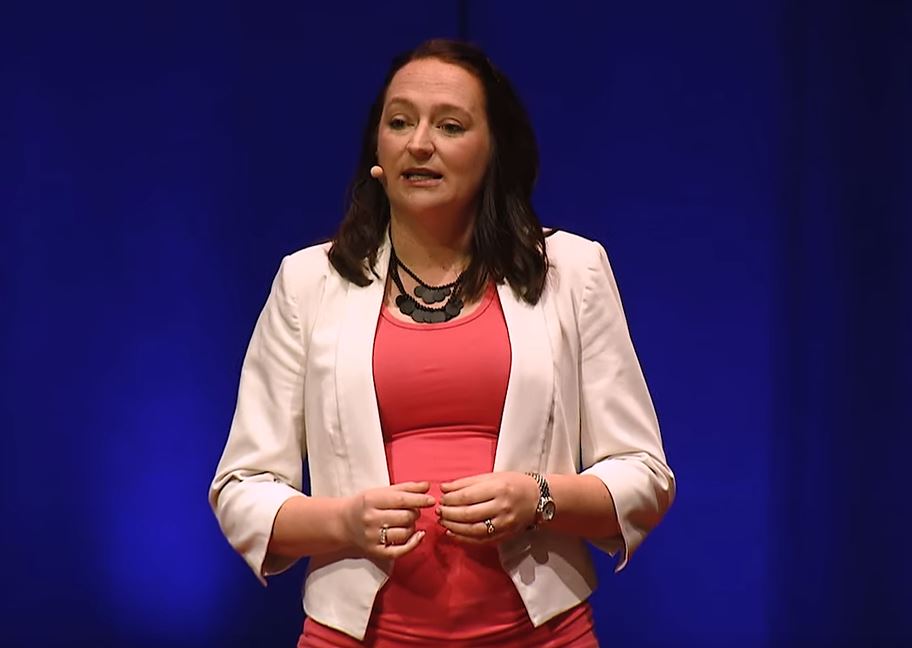Search
Research
A retrospective population-based cohort study identifying target areas for prevention of acute lower respiratory infections in childrenAcute lower respiratory infections (ALRI) are a major cause of hospitalisation in young children
Research
Evaluation of impact of 23 valent pneumococcal polysaccharide vaccine following 7 valent pneumococcal conjugate vaccine in Australian Indigenous children.Background: High incidence and serotype diversity of invasive pneumococcal disease (IPD) in Indigenous children in remote Australia led to rapid introduction of
Research
Lessons from the first year of the WAIVE study investigating the protective effect of influenza vaccineInfluenza is major cause of paediatric hospitalisation. Influenza vaccine was offered to all children aged 6-59 months resident in Western Australia in 2008

Our team’s vision is to reduce the burden of infectious diseases in children and their families through comprehensive approaches to understanding the burden of disease, developing and optimising diagnosis and treatment strategies and evaluating and informing current and future prevention programs.

News & Events
The Kids infectious diseases researcher named a WA Young Tall PoppyA The Kids researcher focused on ensuring kids are protected from infectious diseases will be named among WA’s most outstanding young scientists at the upcoming 2021 Young Tall Poppy Science Awards.

News & Events
Sharing the power of data at TEDx PerthDr Hannah Moore was one of WA’s brightest minds chosen to speak at TEDX Perth in November last year, presenting her insights into the power of data in fighting infectious diseases to a sold-out crowd at the Perth Concert Hall.
Research
“It’s all gone quiet…” MUSIC from COVID19Hannah Huong Christopher Moore Le Blyth OAM BSc (Hons) GradDipClinEpi PhD MA (Dev. Econ), MA (App. Stats), PhD (Econ) MBBS (Hons) DCH FRACP FRCPA PhD
Research
Childhood pneumonia in the Eastern Highlands Province of Papua New Guinea: clinical, microbiological and immunological predictors of diseaseChristopher Deborah Hannah Lea-Ann Peter Blyth Lehmann Moore Kirkham Richmond MBBS (Hons) DCH FRACP FRCPA PhD AO, MBBS, MSc OAM BSc (Hons)
Research
Does Repeated Influenza Vaccination Constrain Influenza Immune Responses and Protection?Christopher Blyth MBBS (Hons) DCH FRACP FRCPA PhD Centre Head, Wesfarmers Centre of Vaccines and Infectious Diseases; Co-Head, Infectious Diseases
Research
FluBubs: Safety and immunogenicity of Early Quadrivalent Influenza VaccineChristopher Tobias Blyth Kollmann MBBS (Hons) DCH FRACP FRCPA PhD PhD, M.D., SFUW Centre Head, Wesfarmers Centre of Vaccines and Infectious Diseases;
